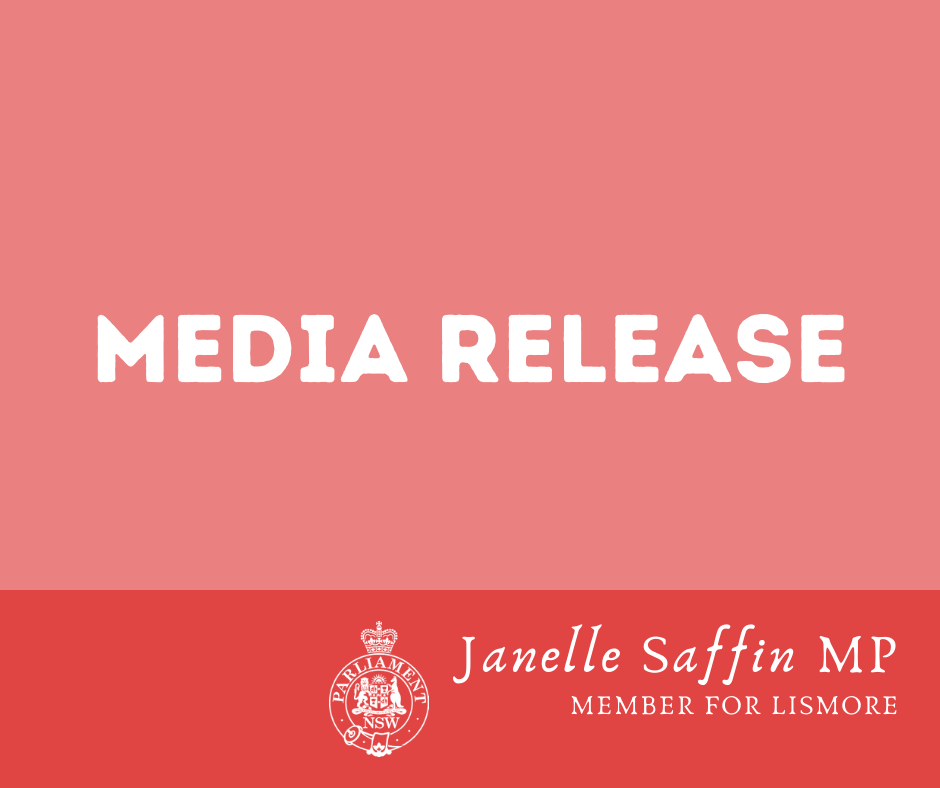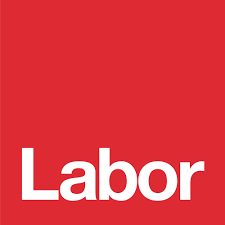Friday, 14 August, 2020.
IN AN historic first, local residents living in Janelle Saffin MP’s State Electorate of Lismore are now able to petition the NSW Parliament online, following the introduction of ePetitions.
Ms Saffin said the digital move would make it easier for people to create, share and submit a petition, and could not come at a better time given the COVID-19 pandemic has forced communities to avoid in-person meetings, and instead find safe, non-physical ways to be heard by their elected representatives.
Ms Saffin said while local people will still be able to submit paper petitions to the NSW Legislative Assembly, the introduction of ePetitions provides a second, simple, online option to get their message to the NSW Parliament.
“We are well and truly living in a digital age, so it makes sense that we have an easy, online way of connecting with the Parliament,” Ms Saffin said.
“The petitions are created online, signed online and can be shared online, including on social media.
“The ePetitions platform has been custom-built with safety and security in mind, which means neither the public nor members can see who’s signed the online petition, and email addresses required to sign the petition are only used to inform signatories of its progress, and then deleted after six months.”
Once a petition closes, a copy is provided to the relevant Minister. If the petition has more than 500 signatures the Minister must provide a written response. If an ePetition has more than 20,000 signatures, it will attract time in the Chamber, and arrangements will be made for Members to debate it in the House. For paper petitions, the threshold to spark a debate is 10,000 signatures.
“While petitions can’t force the Parliament or the Government to do something, they are an important tool in raising local issues, stimulating discussion and can often lead to action,” Ms Saffin said.
The NSW Parliament’s ePetitions platform is unique in Australia – it’s fully online and almost entirely automated. It connects petitioners, through a presenting Member, to the Parliament itself.
New South Wales is also the only jurisdiction in the country where citizens have the chance to have their petition debated by parliamentarians.
The Speaker of the NSW Legislative Assembly, Jonathan O’Dea, said the introduction of ePetitions highlights the Parliament’s desire to modernise, and become better connected with citizens.
“We want Parliament to be a place that’s accessible and easy to navigate, and I congratulate the staff of the Legislative Assembly and Department of Parliamentary Services for developing this new online platform to better serve the people of NSW,” Mr O’Dea said.
“I look forward to seeing the new ePetitions roll in from across NSW.”
For more information about ePetitions, go to www.parliament.nsw.gov.au/epetitions
How ePetitions work:
- To create an ePetition, Lismore Electorate residents should go to the NSW Parliament’s website www.parliament.nsw.gov.au/epetitions
- The ePetitioner must first provide their contact details to allow Legislative Assembly staff to get in touch with them, to ensure the ePetition complies with the rules of the Assembly.
- The ePetitioner must then find at least five people to support the ePetition.
- Once the ePetition has five supporters, a Member of the Legislative Assembly, such as me, your local member, must agree to present it to the NSW Parliament.
- The ePetition can then be signed by others, and shared online.
- To sign an ePetition, people must identify themselves as a resident of NSW and provide a valid email address.
- The ePetitioner selects the timeframe for the how long the ePetition will remain active, either one, three or 12 weeks.
- Once the ePetition closes it is automatically tabled in the Assembly, and is also provided to the relevant Minister. If there are more than 500 signatories the Minister must provide a response, if there are more than 20,000 signatures there will be a debate in the Assembly.
- Signatories to the ePetition will receive updates on the progress of the ePetition, unless they opt out of receiving emails.

